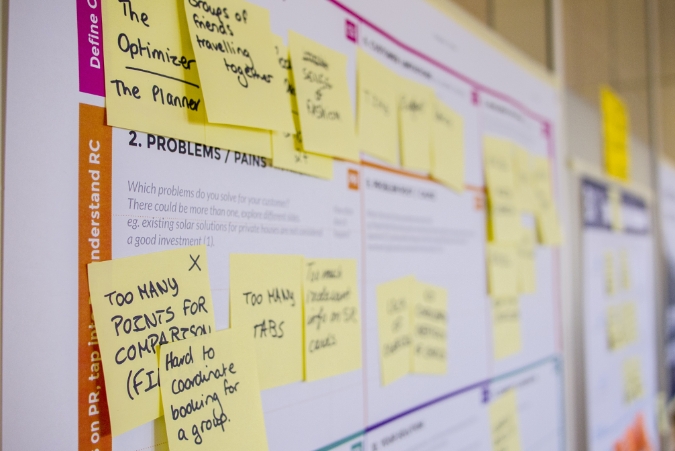
Service Management XLAs Uncategorised

If you are the coach or manager of a sports team – like a football club team – you are constantly being berated by fans who either complain that you don’t change the team enough or that you change it too much. In business we are constantly being told we must change and evolve and disrupt everything, in order to stay competitive.
Are you happy in your work? Do you hate the idea that it is something that is constantly getting changed and tinkered with? What do we do if we are not trying to get better? Shouldn’t we all be striving to develop and progress? Or are you exhausted by constant change and disruption? Would you prefer that work was more predictable and that change was iterative and evolutionary, rather than revolution, or the equivalent of an asteroid hitting the planet – every day..?!?
The fact is of course that everyone is different and some like and thrive on change, and get bored without it, whilst others find it very challenging and difficult, and would be happy to have a predictable workplace.
Change is a fact of life in most organisations these days, and very often it’s necessary and unavoidable. People need to develop acceptance and coping strategies of they don’t like this or else they will potentially do damage to their health. But it also raise the question of suitability for types of work – there’s not many occupations and businesses that don’t need to keep in touch with the changes in tier industry – and this applies to everyone.
One word of caution however should be that there is no need to constantly disrupt people and their work unnecessarily – why would we do that? How many failed ‘transformation’ projects have we all experienced, also where the need for ‘transformation was dubious at best in the first place.
So how do we ensure that change and improvement are practical, effective, positive and valuable – plus that they are proportionate and not self-defeating for our people and their morale and well-being? This brings us to the ‘C’ in CSI – i.e. how do we embed improvement as a positive entity for our people as well as our organisation? Well, here are some simple points:
All of this is of course very recognisable, and those of you with agile credentials will be noting this and waiting for me to drop some agile method or model in here to support this. To me its all just common sense and good practice – much of which I learned from some good managers in my early career. But yes it also means that we should all be looking at new ways of working, and adopting things that are successful and useable.
We do need to change and evolve, however this should need to be a regular upheaval (this also has high costs and often uncertain outcomes). Its important to develop your organisation and its culture as displayed through its people – as being constantly looking at how to improve, and to give people the support and encouragement to get on and make these improvements themselves and on a regular basis. I’ve seen too many major change and transformation projects that really should have been binned at an early stage – we should be more brave to stop them sooner.
We can and should change – what we need to do is do that together rather than inflicting it on ourselves and our people – who really deserve better.